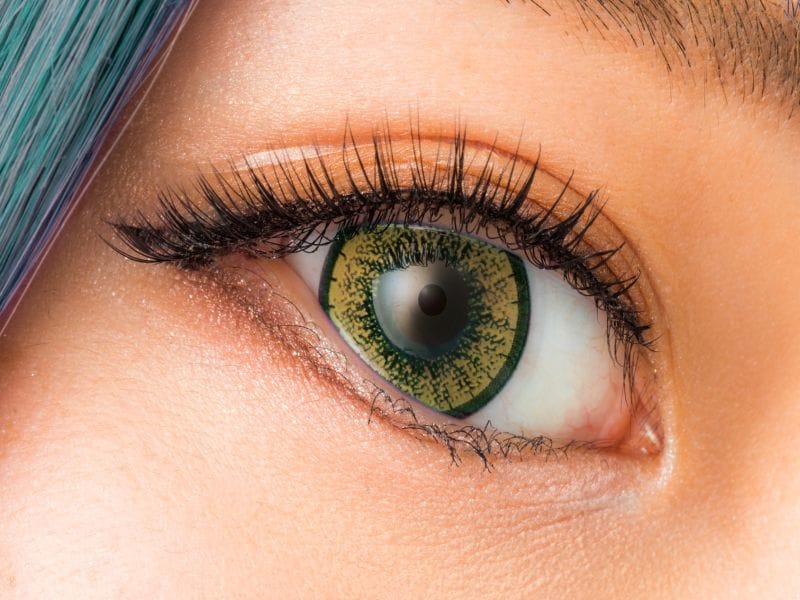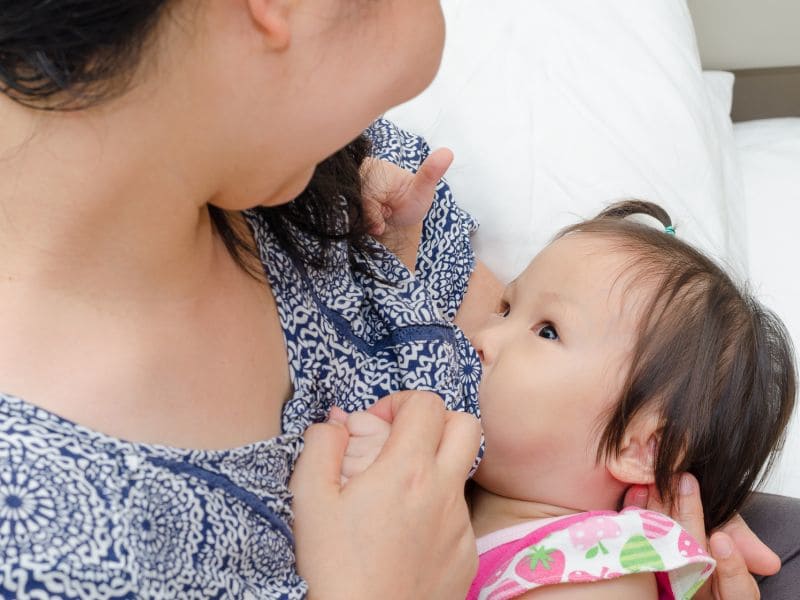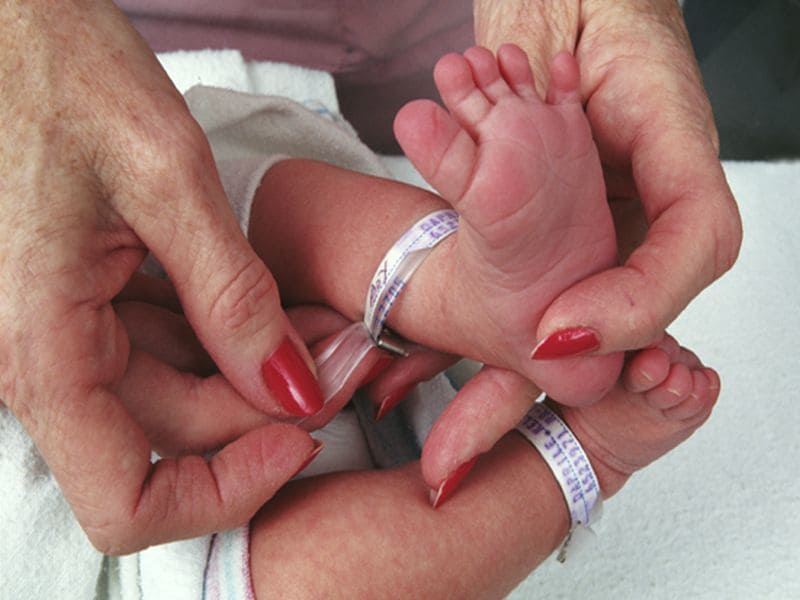
Parents of teens can add “sextortion” to the list of things to worry about, because a new study shows that 5 percent of teenagers are targets of this cybercrime. Another 3 percent of teens have likely done it to others, the study authors added. Sextortion is threatening to share sexually explicit photos without consent if… read on >





























